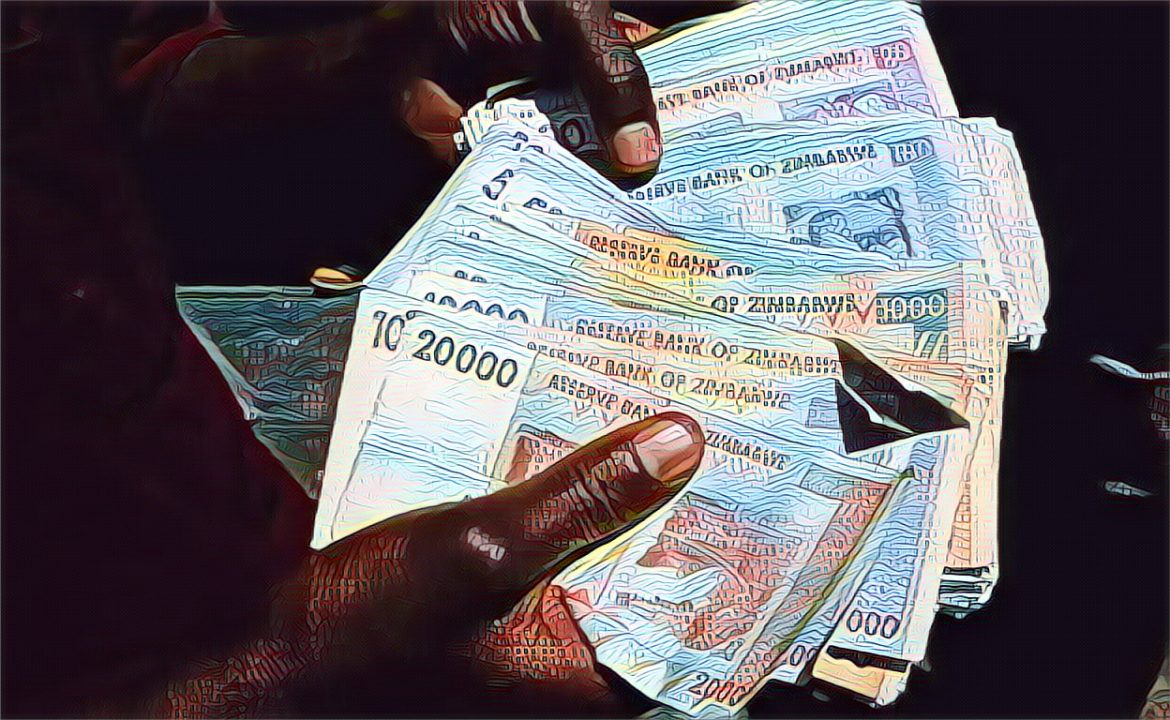The United States Agency for International Development (USAid) has issued a stark warning of impending price increases in Zimbabwe, citing a surge in inflation driven by new government taxes, fees, and levies.
The year 2024 began with a wave of price hikes affecting goods and services throughout the Zimbabwean economy, as the effects of government fiscal measures started to manifest.
USAid’s latest food security update for the period spanning December 2023 to January 2024 revealed concerning statistics. In December, the Zimbabwe National Statistics Agency (ZimStat) reported a headline inflation rate of 26.5% and a monthly inflation rate of 4.7%. Furthermore, the cost of living, as measured by the ZimStat food poverty datum line and total consumption poverty line, surged by approximately 22% since November.
Basic food commodities witnessed significant price increases in December, encompassing maize grain, maize meal, cooking oil, sugar, and vegetables. Moreover, non-food items, including services like transport fares and rentals, experienced above-normal price escalations.
The 2024 national budget presentation in early December brought with it the reintroduction of duties on selected basic food and other commodities that had previously been exempt from import duties since April 2023. This initial move by the government aimed to curb high basic commodity prices and shortages.
USAid’s warning echoes concerns that additional taxes outlined in the 2024 budget statement will drive up prices for both food and non-food commodities throughout the year.
Furthermore, the government initially stipulated that only registered and tax-compliant informal sector retailers could source goods from producers and wholesalers. This measure, however, has been reversed due to the informal sector’s lower prices, making it a preferred source for food and non-food items, especially among impoverished households.
Certain exemptions from Value Added Tax (VAT) were granted to specific goods and services, including medicines, medical services, products for the physically challenged, and sanitary wear. Other exempted items encompassed fuel and its derivatives, agricultural inputs, implements, and produce (excluding live animals and certain crops), wheat (excluding bread), milk, and salt.
USAid cautioned that panic buying and grain hoarding by households and traders might deplete grain markets sooner than expected, contributing to sustained price spikes. These behaviours stem from the anticipation of further price hikes and the persistent effects of the El Niño-induced drought.
In response to mounting economic pressures, the government has adjusted its initial revenue measures. Notably, VAT exemptions have been extended to bread, milk, cooking oil, mealie-meal, salt, sugar, and flour. Additionally, select basic commodities, such as meat, rice, bath and laundry soap, washing powder, toothpaste, and petroleum jelly, have been moved to a standard rating, with the government aiming for “minimal” price increases.
Furthermore, cotton seed and soya beans, along with their derivative products, have been incorporated into the VAT exemption schedule in a bid to alleviate the financial strain on Zimbabwean consumers.


